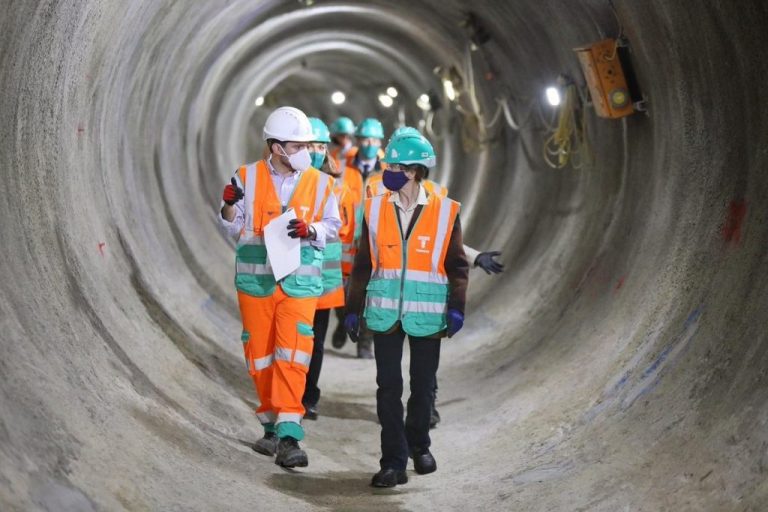Two engineering services bodies have stepped up their health & safety advice in time for a return to more regular working conditions after ‘Freedom Day’ on July 19. The Building Engineering Services Association (BESA) and ECA, the engineering and electrotechnical services body, have joined forces to produce free guidance notes for members and the wider industry alongside a warning that the pandemic has still not relaxed its grip on the industry. This updated advice draws on the expertise of more than 30 health and safety practitioners from the construction and related sectors combined with the latest government guidelines to help employers keep their operatives and members of the public safe. Although the Construction Leadership Council (CLC) has announced that its Site Operating Procedures (SOPs) will no longer be mandatory from July 19, BESA and the ECA are still urging caution. “Removing legal requirements does not mean it makes sense to immediately drop all the measures that have kept people safe over the past year,” said BESA’s head of health and safety Becky Crosland. “Common sense should prevail, and we expect most sites will choose to retain a number of voluntary measures including risk assessment, the wearing of face coverings and social distancing wherever possible.” Paul Reeve, ECA’s Director or CSR and Public Affairs added: “Many in construction and wider services sectors are increasingly looking beyond 19 July to 16 August. The government announced that, from that date, double vaccination will begin to provide exemption from having to self-isolate. Implications “Many in the industry would like the 16 August date brought forward, even in the face of the practical difficulties. These range from how to encourage workers to achieve double vaccination, to the implications of government advice that workers should take a PCR test following a ‘COVID positive ping,” he added. The new publication ‘BESA/ECA Health and Safety Guidance Notes and Support for COVID 19’ will help employers navigate the next few months, according to the two bodies. It contains nine separate pieces of guidance designed to reduce the spread of the coronavirus in workplaces. It covers travel arrangements, working on-site and continues to reflect the latest version of the SOPs. “Although we are seeing a gradual return to something like normal life, this actually increases the risk of another surge in infections in many workplaces,” said Crosland. “That is why it is more important than ever to have robust safety regimes in place and to be aware of the latest guidance on reducing exposure and the possibility of transmission. “The industry has done an amazing job over the past 16 months to keep operating under the most difficult of conditions and still managing health and safety, but we absolutely must not relax now, or we risk another lockdown,” she added. “That is why we are urging everyone across the sector to take advantage of this free guidance and of the expertise both associations can provide on a daily basis.” The notes, which are downloadable for free from the BESA and ECA websites, provide advice on social distancing, hand washing/ sanitising, cleaning of all contactable surfaces and equipment etc. There is also guidance on how employers should plan activities to avoid unnecessary proximity (less than 2m) and carry out risk assessments. Communication is a key part of this planning with employers urged to consult their workforces and remind them of their responsibilities to themselves, colleagues, and the public. BESA was also the first training provider to fully integrate Site Operating Procedures (SOPs) into its health and safety courses. The online BESA Academy embedded a series of mandatory SOP questions into the SKILLcard application process making it a requirement for anyone wanting to work on site. The Academy also developed an online SOP training module which leads to a certificate proving the individual worker understands the requirements and has been trained to work safely on site. This standalone module is freely available to all and can be completed online in 15 minutes. “There has been and continues to be a fantastic collaborative effort to ensure members of both associations and the wider industry are kept updated on the latest safe operating procedures,” said Reeve. “We are extremely grateful to everyone who has given up their time to help with this effort, in particular, members of the BESA Covid-19 Panel, ECA’s Covid Business Recovery team, and the sector’s Construction Industry Coronavirus (CICV) Forum, which has done a fantastic job of co-ordinating all of our effort,” added Crosland. To access the new free guidance visit here and for a wide range of other Covid-19 resources go to: www.theBESA.com/covid19 and www.eca.co.uk/business-industry-support/coronavirus-back-to-work














